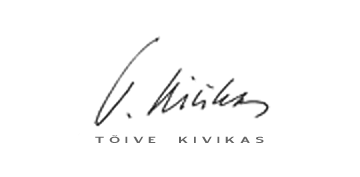July 1973 - Theory vs. Reality
In the future I do not think it will suffice to be good to stay in business, you have to be best and preferably also first. For a company to reach the top and to stay there in a more competitive market, more leadership skills in managing the firm's intellectual capital will be a necessity. To me it is obvious, that the decisive task for the leader is to manage and develope the organisation, the employees. It is the individuals who work for the company who have to be creative and who have to come up with new, bright ideas. Thus, the employees constitute the most decisive asset to increase competitiveness and future success. The values and attitudes of the leader will therefore decide if he will have the ability to create such a culture. A culture, where the employees feel engaged and are motivated to do that little extra which can have such a dramatic impact on the future competitiveness of the organisation.
I may have rearranged the importance of some of the leadership values and principles during these 30 years, but the base stays sound as if designed today. As a convinced hands-on manager when it comes to the art of leadership, I would like to summarize my experiences in the following principles:
- The leader must understand that the starting point of all leadership is the idea of the business, what is the purpose and what shall be achieved.
- The leader must believe in and be committed to the task, have a strong vision supported by self-confidence and personal maturity, and be convinced to succeed.
- The leader believes that there is a potential in everybody and everybody wants to do a good job and to be successful. It is the obligation of the leader to give the organisation and every individual the opportunities to do this.
- People are in principle not against change. They make resistance when a change that they do not understand is forced upon them.
- Communication and dialogue, not a monolog, is the most efficient way to exchange knowledge and information - the message can never be better or clearer than the thought behind it.
- There must be a mutual confidence between employees and the leader.
- A good leader succeeds without using formal power.
If your collaborators are impressed of what they are achieving and surprised of how good they are, you are a good leader. |







